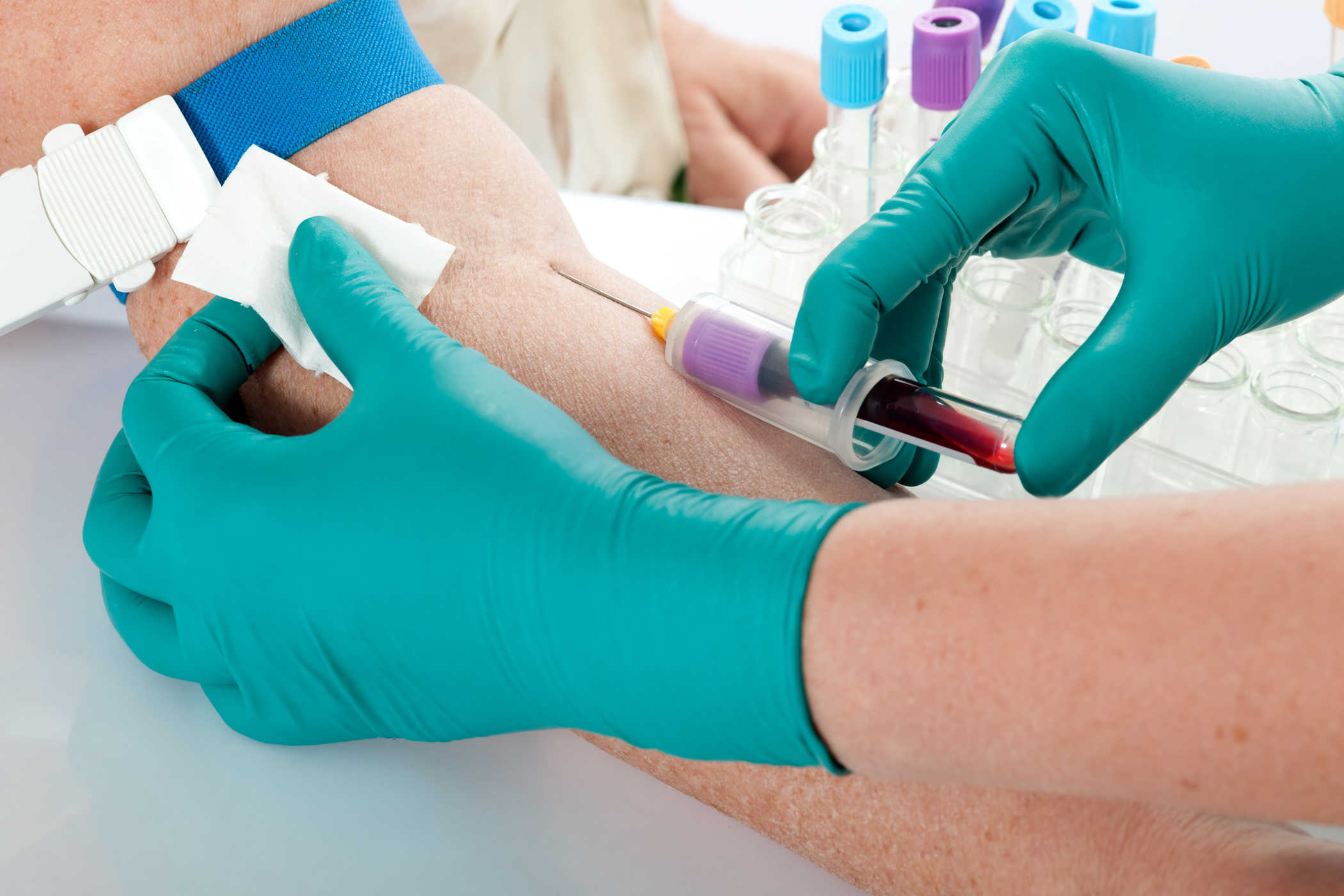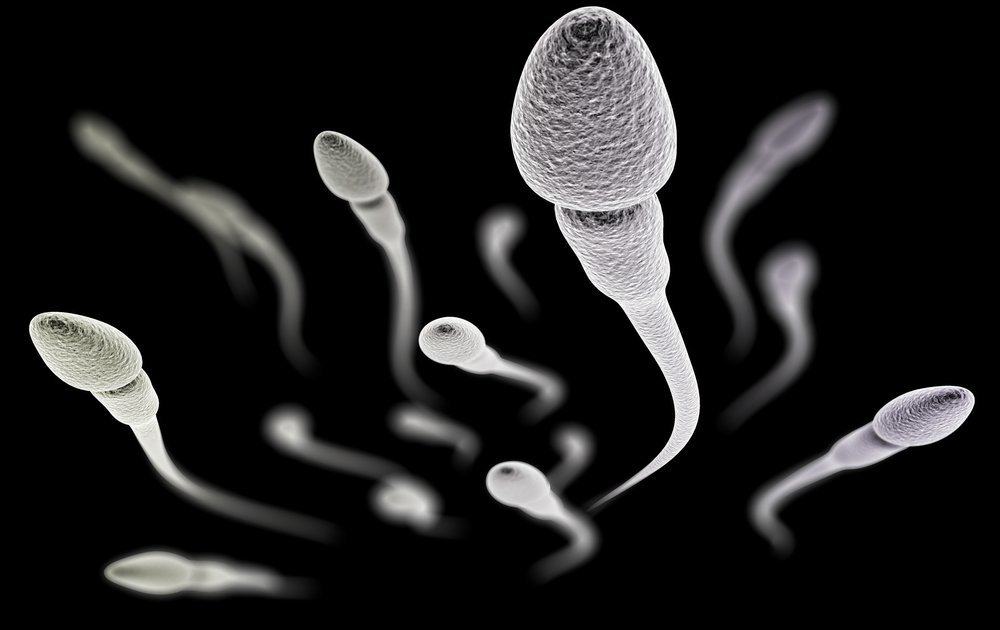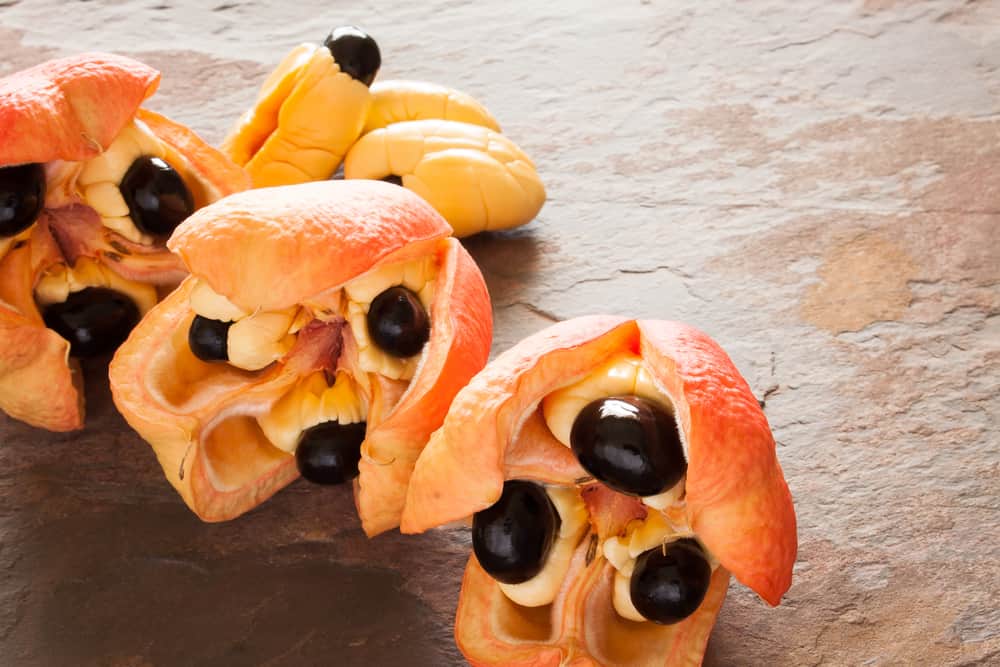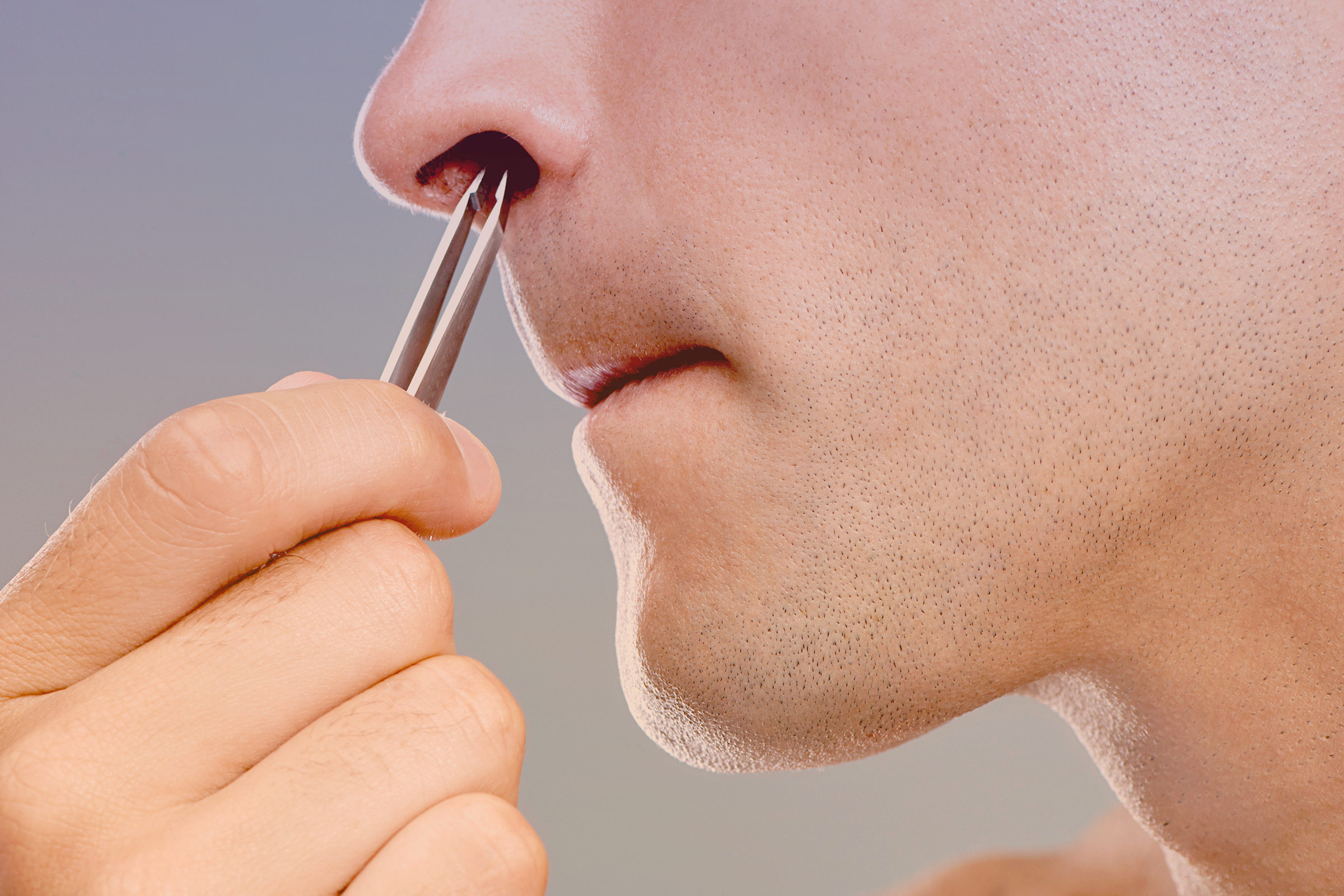Contents:
- Medical Video: The science of milk - Jonathan J. O'Sullivan
- Does mother's food affect the amount of milk produced?
- Calorie needs while breastfeeding
- Fluid needs while breastfeeding
- Does maternal food affect the nutritional content of breast milk?
- Apparently, the type of fat consumed by the mother can affect breast milk
- Does mother's food affect the taste of milk?
- Conclusion
Medical Video: The science of milk - Jonathan J. O'Sullivan
Nursing mothers are advised to pay attention to the food they eat. He said, the food that mothers eat can affect their milk production. However, there are also those who say that the food that mothers eat does not affect breast milk as a whole. So, do you actually affect breast milk or not?
Does mother's food affect the amount of milk produced?
"Eat a lot so there is a lot of milk production," he said. However, the actual amount of food you eat does not affect how much milk your body can produce. Basically, the amount of milk your body produces is affected by how often the baby suckles. The more often the baby suckles, the more milk your body produces.
Other things can also affect the amount of milk produced, such as the amount of calories and fluids that enter your body.
Calorie needs while breastfeeding
Your calorie needs are even more when you are breastfeeding than when you are pregnant. This is because your body needs more calories to produce milk. So, losing weight by limiting your intake while breastfeeding is not a good idea. All you need to do now is to follow your instincts of eating. If you are hungry, then eat. Don't be too limited. Excessive diets at this time can actually reduce your milk production.
Fluid needs while breastfeeding
Usually, when you are breastfeeding, you will often feel thirsty. It's best to always have water near you so you can drink whenever you feel thirsty. This can help prevent you from dehydration. However, drinking too much is also not needed, it can even make you feel uncomfortable. Drinking too much does not make your milk production more. In essence, drinking enough when you are thirsty.
READ ALSO: Let-Down Reflex: The Key to Success in Breastfeeding
Does maternal food affect the nutritional content of breast milk?
In fact, what mothers eat does not affect the quality or nutritional content of breast milk. Yes, ASI is created so perfectly. A bad mother's diet will not affect the quality or content of breast milk. However, a bad diet can affect maternal nutrition and health. This happens because if the nutrients from the mother's food do not meet the quality of the milk made, the body will take the nutrients from the mother's body.
For example, maternal calcium intake obtained from food can not meet the quality of breast milk made by the body, the body will take calcium reserves in the mother's body. This is certainly detrimental to maternal health, right?
Therefore, it is still advisable for nursing mothers to always pay attention to whatever is eaten while breastfeeding, it is best to apply a balanced nutrition diet. If you have applied a balanced nutrition diet, then you no longer need to take vitamin and mineral supplements.
READ ALSO: List of Foods that Mothers Should Avoid Avoiding
Apparently, the type of fat consumed by the mother can affect breast milk
Fat intake does not affect the amount of fat contained in your breast milk, but can affect the type of fat contained in your milk, whether more bad fat or good fat. Then, this type of fat will enter your baby's body.
Research in the European Journal of Clinical Nutrition journal in 2010 showed that breastfeeding mothers who consumed trans fat more than 4.5 grams per day had twice the likelihood that their babies had high body fat levels. Trans fats can be found in margarine, solid oil, and fried foods. Another study conducted in China in 2009 showed that nursing mothers who live in coastal areas have breast milk containing DHA, which is usually found in fish.
Therefore, it is also recommended that you prefer to eat foods that contain good fat than those containing bad fats. You can get good fat from fish, avocados, nuts, olive oil, and others.
Does mother's food affect the taste of milk?
Although the quality of breast milk is not affected by your diet, the taste and aroma of breast milk can be affected by the food you eat. When you eat fruits and vegetables, your baby can also feel the taste of the food from your milk. Therefore, breastfed babies can develop many flavors from the many foods you eat, including spicy taste. A study shows that foods that mothers eat can affect the taste of breast milk for up to 8 hours.
If you are a fan of coffee, the caffeine content in coffee can also affect the taste of breast milk. Less than 1% of the caffeine you consume may be contained in breast milk. However, the baby's body is more difficult to digest caffeine. So, you should limit your caffeine consumption (less than 300 mg per day) when you are breastfeeding.
When breastfeeding, you should continue to eat foods with balanced nutrition every day. This can help your baby get used to the taste of various types of nutritious foods. So, later babies can easily consume various types of solid foods that you offer.
Babies who are breastfed may have a wider selection of foods because they are used to trying different flavors of breast milk. Whereas formula babies may have fewer food choices because of the taste of the formula.
READ ALSO: Giving ASI Affects the Child's Eating Habits in the Future
Apart from the food you eat, the taste of breast milk can also be affected by heredity, culture, certain drugs, alcohol (if you drink alcohol), and cigarettes (if you are a smoker). So, the taste of breast milk can vary between mothers.
Conclusion
What you eat can affect the taste and composition of breast milk (especially the type of fat contained in breast milk). So, it is very important for you to continue to apply a balanced nutrition diet to produce healthy breast milk and also to maintain your body's health. If your food intake cannot meet certain nutritional needs, maybe you need additional vitamins and minerals from supplements. However, before taking a supplement, you should consult your doctor.












